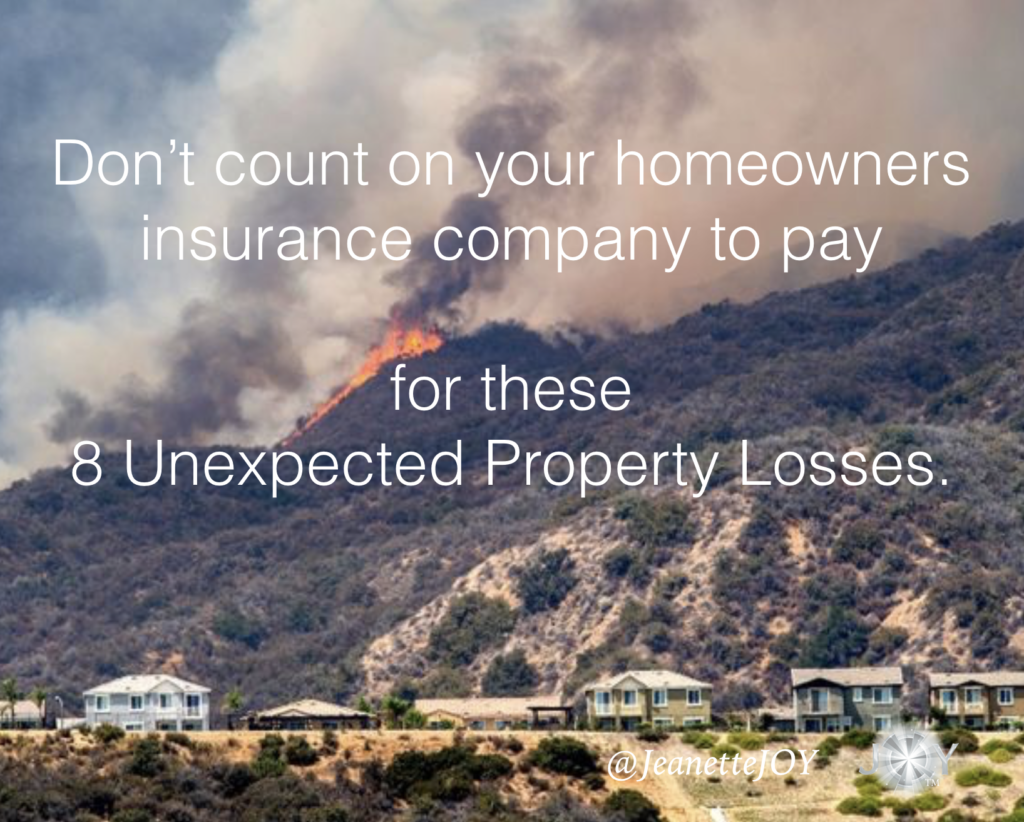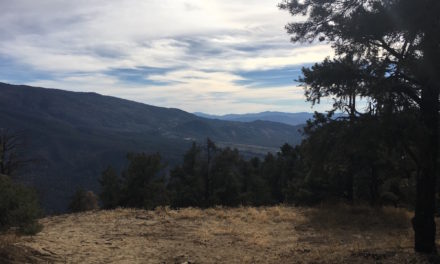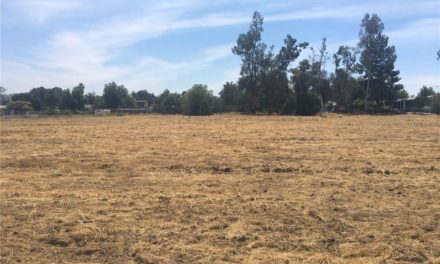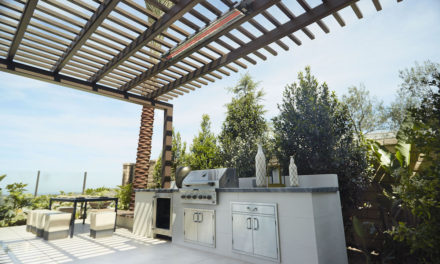Don’t count on your homeowners insurance company to pay for these unexpected property losses.

8 Losses Homeowners Insurance Doesn’t Cover
You must prepare yourself for these losses homeowners insurance doesn’t cover. Many standard policies won’t cover things you might assume would be taken care of by your insurance company.
1. Acts Of War
Most homeowners know that if the U.S. government determines we are at war and your property gets destroyed as a result of the war, your property will not be covered. However, insurance companies usually pay for destruction from acts of terrorism.
2. Earthquake Damage
It’s expensive to insure your home for earthquake damage if you live on a major fault line. Earthquake damage is not generally included in homeowners coverage—even in the places that need it the most, like California. If a quake strikes and you don’t have this specific extra policy, you’ll pay for repairs to your property on your own.
3. Sinkholes
Florida homeowners have more risk of a sinkhole. This type of catastrophe requires a separate policy. Look for extra insurance for earthquakes and earth movement.
4. Sewer And Drain Backups
In many areas with heavy rain, sewers and drains back up into homes. If the sewer clogs up and fills your house with raw sewage, you might have to clean up the mess yourself—and pay for it.
5. Smell Damage
If your home gets polluted by stinky smells for any reason, these cleanup expenses are your responsibility.
6. Slow Leaks
For most homeowners insurance claims, any water damage has to be sudden and accidental. Damaged caused by slow leaks—technically “seepage and leakage”—generally get denied coverage.
7. Meth Labs
If you rent your home to someone who has a meth lab, your fire insurance excludes coverage for illegal activity and pollution exposure. Unfortunately, landlords assume financial responsibility for damages.
8. Home Renovations Losses Homeowners Insurance Doesn’t Cover
Many homeowners don’t know they need extra coverage for renovations, even if the contractor provides a risk policy. Additionally, if you move out of your home during a renovation, your homeowners insurance may not be valid.
Also, more expensive materials cause losses not covered by homeowners insurance. This happens when a historical preservation board or property owner’s association requires upgraded repairs. Your policy may have a cap on allowable building material expenses.
Something to Worry About
Because of so many wildfires, insurance companies today discontinue offering coverage in high-fire areas. Or, these insurance companies raise the premiums. For example, some owners pay over $6,000 a year for a home worth only $200,000 in the mountains of California.




